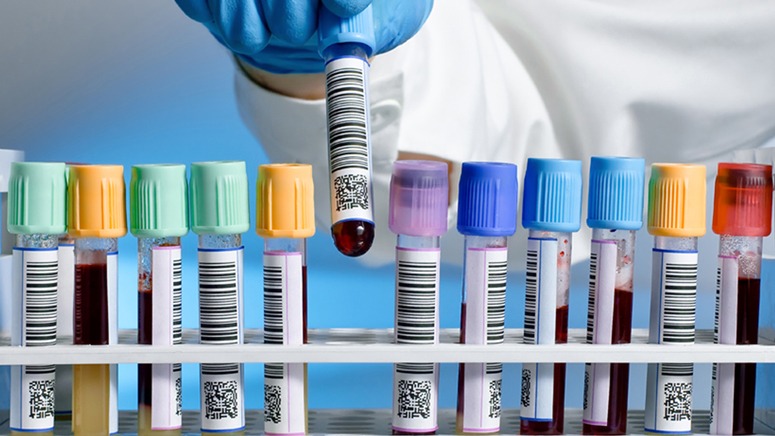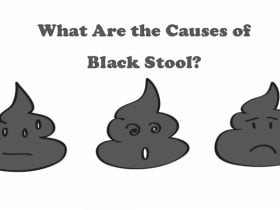Hypophosphatemia is a condition that occurs when you have low levels of phosphate in the blood. You require phosphate as an electrolyte for a number of biological processes.
When dissolved in water, chemicals known as electrolytes acquire a natural positive or negative electrical charge. Almost 90% of your blood is water, and it also contains phosphate and other electrolytes. Your body uses electrolytes to control chemical processes, balance fluids inside and outside of cells, and more.
Hypophosphatemia can be mild or severe hypophosphatemia, it can also be acute or ongoing (long-term).
Phosphate and phosphorus: what is the difference

Phosphorus is a mineral that can be found in some foods and that your body uses to create phosphate compounds by combining it with other elements. When discussing testing, the terms phosphate and phosphorus are frequently used interchangeably, however a blood phosphorus/phosphate test really measures the amount of inorganic phosphate in your blood.













